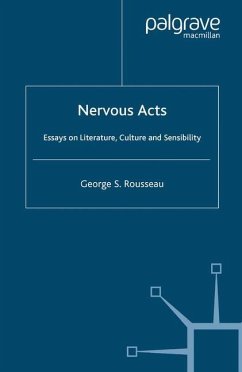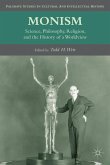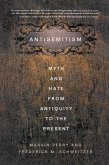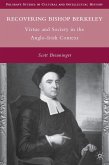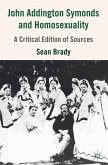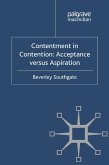Between 1970 and 2000 George Rousseau wrote a series of landmark essays about the role of nervous physiology in literature and history that altered the landscape of eighteenth-century studies. The essays changed the direction of some Enlightenment thought and configured the rise of sensibility in new ways. Since then much work has been done which engages, challenges, adopts, and expands on Rousseau's original discussions. This volume collects and reprints the most important of those essays and surveys the current critical moment as it touches on the vocabularies Rousseau pioneered. The introduction surveys nerves from the ancients to the moderns, and then selects examples in literature where the literary and moral elements of nervous discourse are especially prominent. The epilogue engages with the critical reception of the original essays and provides biographical and critical reflections on the legacy of the nerves in literary scholarship.
These essays demonstrate the sweeping influence of the human nervous system on the rise of literature and sensibility in early modern Europe. The brain and nerves have usually been treated as narrow topics within the history of science and medicine. Now George Rousseau, an international authority on the relations of literature and medicine, demonstrates why a broader context is necessary. The nervous system was a crucial factor in the rise of recent civilization. More than any other body part, it holds the key to understanding how far back the strains and stresses of modern life - fatigue, depression, mental illness - extend.
These essays demonstrate the sweeping influence of the human nervous system on the rise of literature and sensibility in early modern Europe. The brain and nerves have usually been treated as narrow topics within the history of science and medicine. Now George Rousseau, an international authority on the relations of literature and medicine, demonstrates why a broader context is necessary. The nervous system was a crucial factor in the rise of recent civilization. More than any other body part, it holds the key to understanding how far back the strains and stresses of modern life - fatigue, depression, mental illness - extend.
'[George Sebastian Rousseau] is one of our most influential critics of Eighteenth-century British literature and literary culture. Moreover, he was one of the first to develop a genealogy of knowledge which encompassed Eighteenth-century physiology, poetics, criticism, and literary genres...This book will prove immensely popular among scholars at various levels and in various disciplines in the Humanities.' - Dr. Adam Budd, University of Edinburgh
'A scintillating collection of essays by an acknowledged authority in the medical and literary history of the nerves.' - Professor Laurence Brockliss, Oxford University
'This collection of essays by George Rousseau, probably the world's premier scholar of the relations [between] literature and medicine, will offer readers a thorough and valuable insight into his most original research...' - Professor Serge Soupel, The Sorbonne, Paris
'Over the course of three decades, George Rousseau has excavated the foundations of the eighteenth-century interest in sensibility. This collection of essays, which traces the origins of sensibility in early nerve theory, is an indispensable resource for any future study of the anthropology of the imagination.' - Professor Geoffrey Sill, Rutgers University
'Provocative and eloquent... essential reading for the rich history of mind-body conceptualizations, especially for any future assessment of nerves in Western culture.' - Ray Stephanson, University of Saskatchewan
'Rousseau pioneered this field of interdisciplinary studies, and these essays on science and culture are as impressive for their erudition as for their insight.' - The Guardian
'A scintillating collection of essays by an acknowledged authority in the medical and literary history of the nerves.' - Professor Laurence Brockliss, Oxford University
'This collection of essays by George Rousseau, probably the world's premier scholar of the relations [between] literature and medicine, will offer readers a thorough and valuable insight into his most original research...' - Professor Serge Soupel, The Sorbonne, Paris
'Over the course of three decades, George Rousseau has excavated the foundations of the eighteenth-century interest in sensibility. This collection of essays, which traces the origins of sensibility in early nerve theory, is an indispensable resource for any future study of the anthropology of the imagination.' - Professor Geoffrey Sill, Rutgers University
'Provocative and eloquent... essential reading for the rich history of mind-body conceptualizations, especially for any future assessment of nerves in Western culture.' - Ray Stephanson, University of Saskatchewan
'Rousseau pioneered this field of interdisciplinary studies, and these essays on science and culture are as impressive for their erudition as for their insight.' - The Guardian

